UK can get quite cold in the winter, so some form of heating is essential. In addition, landlords have a statutory obligation to ensure rental properties are fit for human habitation, which means heating is necessary.
5 Different Heating System for UK Homes
There are lots of different heating options to choose from, so if you’re starting from scratch and want to design a new heating system – or supplement an existing one – read on.
01. Central Heating Systems
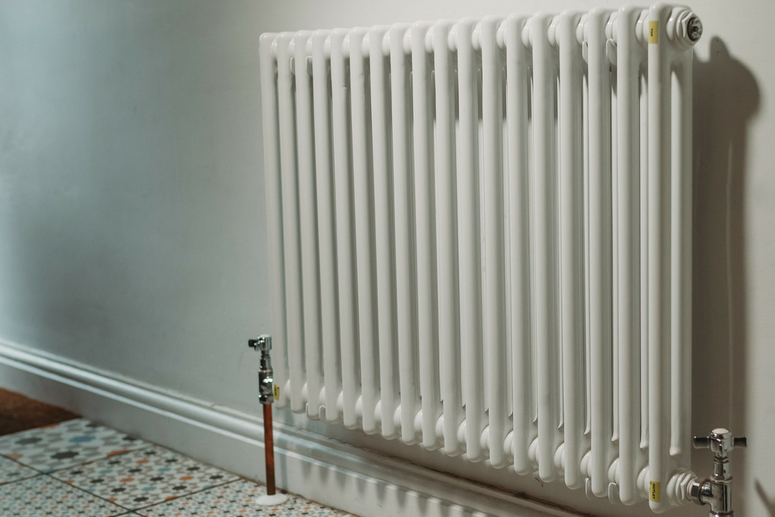
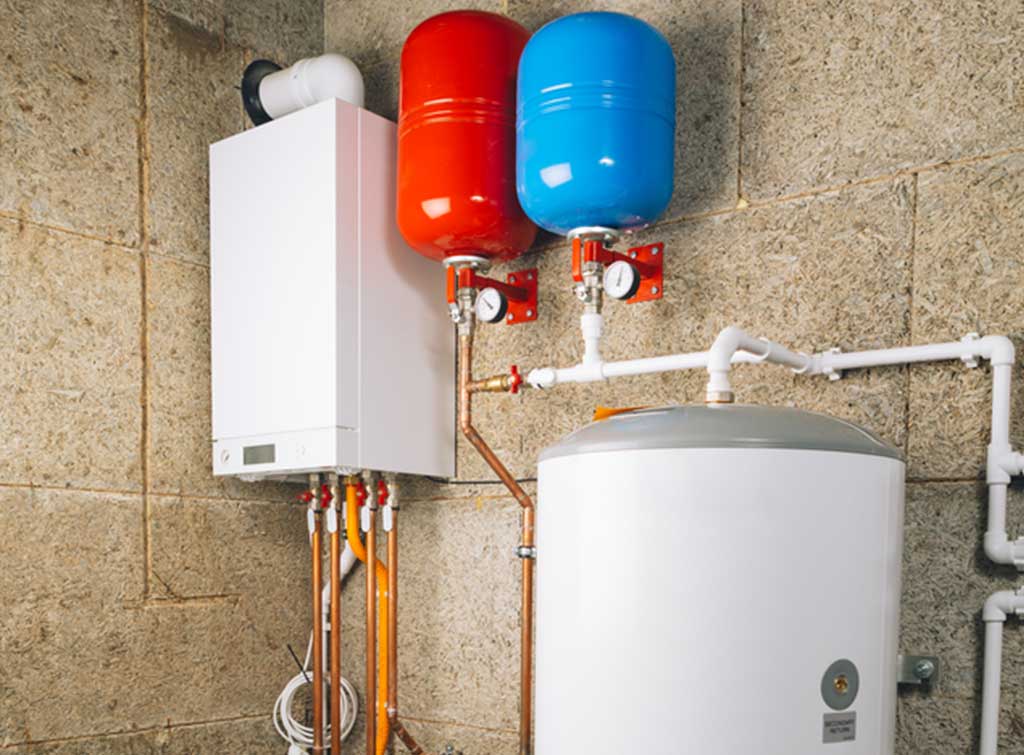
The majority of UK homes have a central heating system with a boiler and radiators. It’s a fairly efficient and cost-effective way to heat a home of any size and such systems are very flexible, so you can adjust how often you use it and what room temperature you want.
Central heating option can run on four main types of fuels:
- Mains gas is the most common fuel for central heating, and also the cheapest.
- Bottled or tank gas known as LPG is used when there is no connection to mains gas – usually in rural areas.
- Solid fuel boilers run on wood or coal and were very popular in mining areas.
- Oil is another common fuel for central heating systems. Homeowners need a fuel tank outside, which is refilled at intervals. As with LPG, oil tends to be more prevalent in rural areas where mains gas is not available.
A boiler is needed to power a central heating system. Most modern boilers are condensing boilers, which rely on a heat exchanger to heat water. If your boiler was fitted after 2005, it is likely to be a condensing boiler.
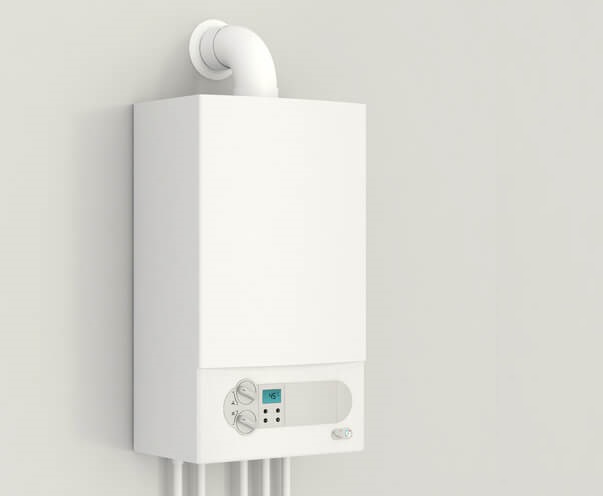
Combi boilers in the UK provide hot water on-demand, as well as central heating. Water is heated in the boiler and piped around the house in two separate circuits. Boiler Central can help you find the best combi boiler. Provide some information about your home and you can get a list of the best boiler options.
Regular boilers have a separate hot water tank, where heated water is stored. Once this water is used up, for example in a bath, the tank needs time to refill and hot water will be unavailable until this happens.
Most families prefer a combi boiler because they like having hot water on-demand for baths, mains showers, and washing up. Not having a large hot water cylinder is also a space saver, which is handy in a small bouse. Instead of having an airing cupboard stuffed full with a hot water tank, you get plenty of extra storage space for bed linen and towels.
02. Electric Heating
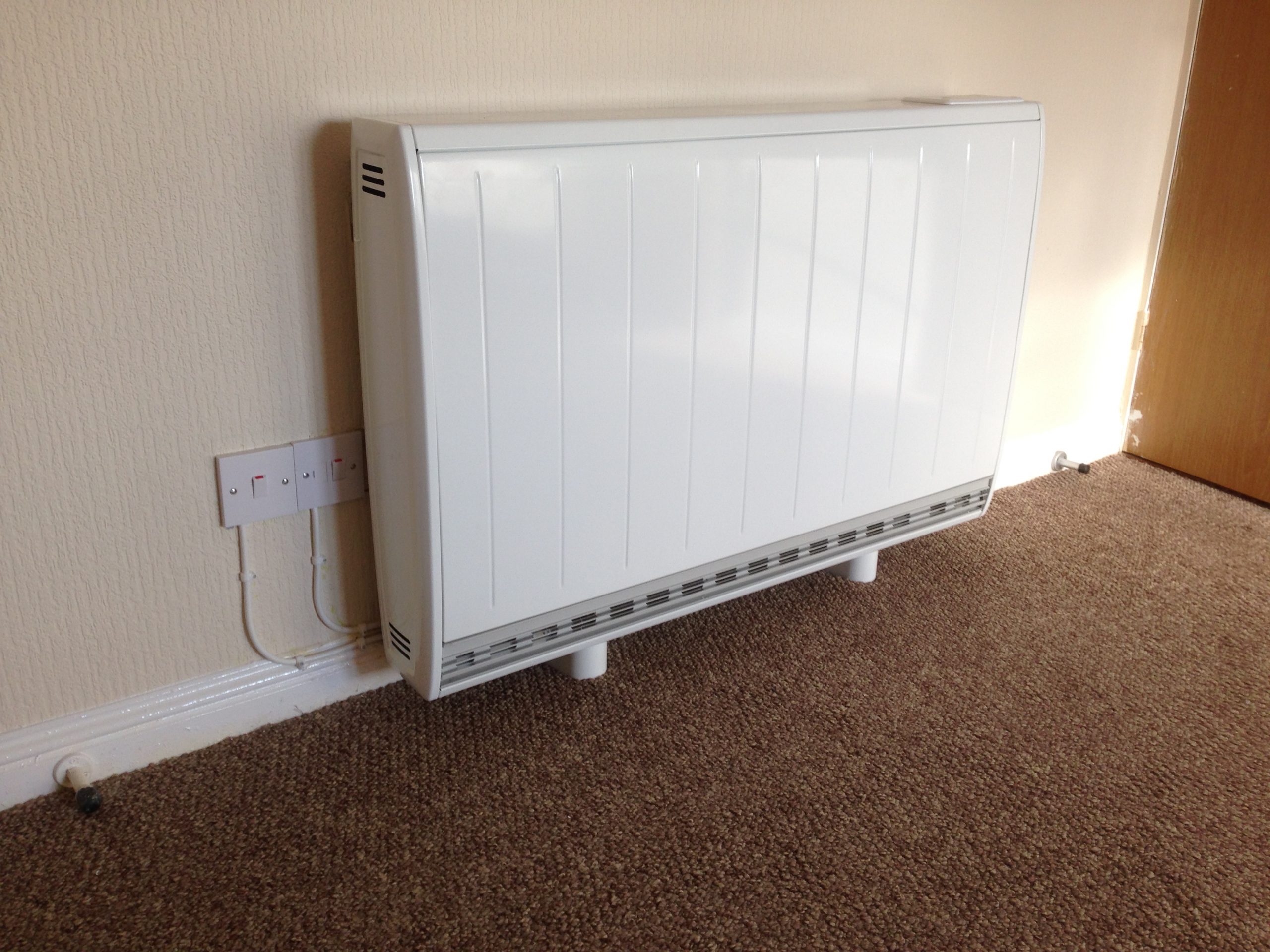
Electric heating is less popular than central heating because it is more expensive. You are more likely to come across electric heating option in older properties with no mains gas where storage heaters have been retrofitted in some rooms, or in flats.
Storage heaters use off-peak electricity overnight and emit heat during the day. They are an expensive way of heating a property and very difficult to control. In addition, if you have electric heating, you’ll need an immersion heater to provide hot water, which is also expensive.
Newer storage heaters are more efficient, but it’s still a very inefficient way to heat a property. If you can afford it, it’s best to upgrade to central heating.
03. Portable Heaters
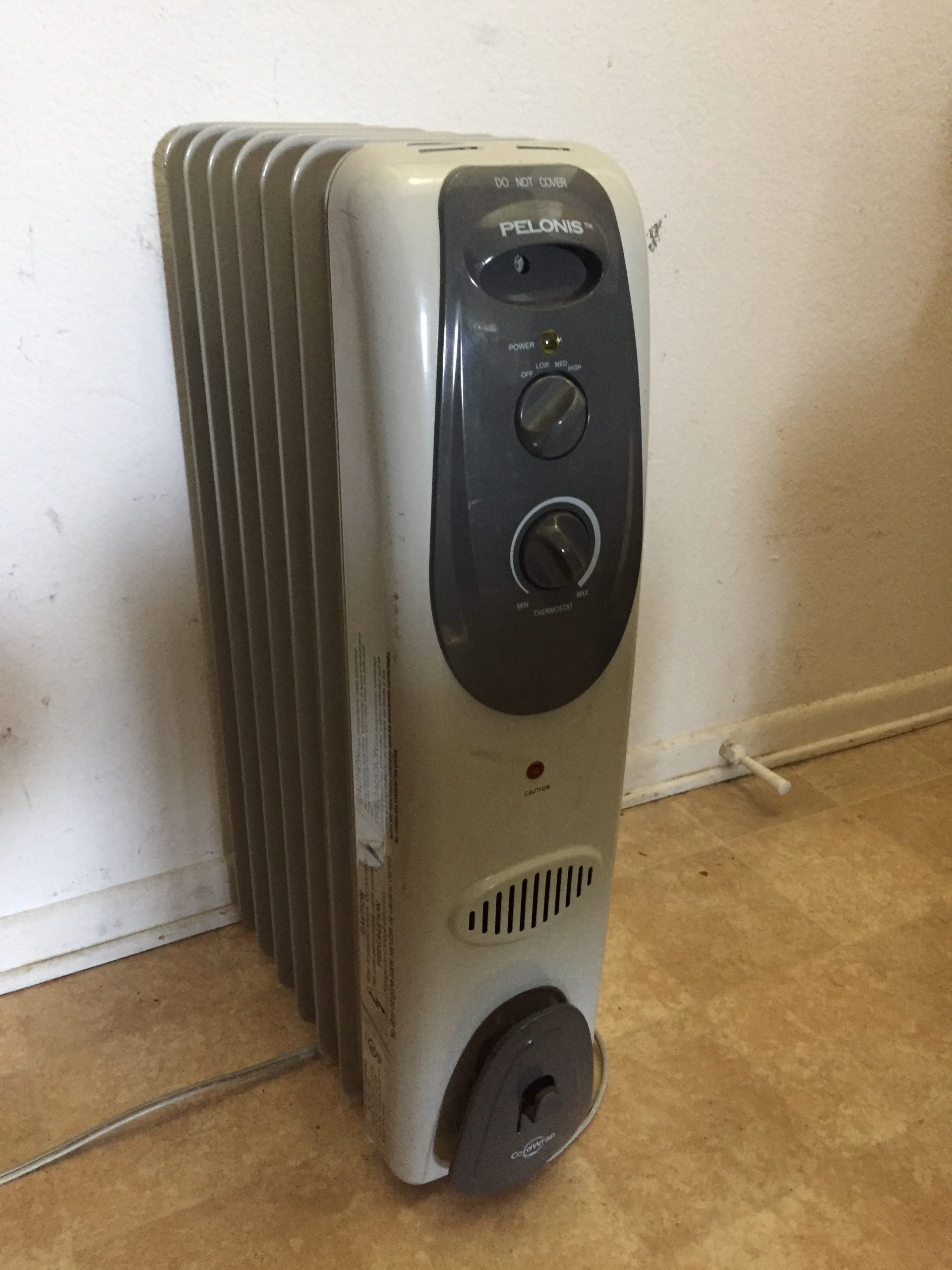
Portable space heaters can plug the gap in a room where the existing heating is inadequate or non-existent. However, it’s important to remember that electric fan heaters and such like are very expensive to run.
If you need a permanent space heater, consider using a portable oil radiator, as this is a bit more efficient than a fan heater.
Radiant bar heaters are sometimes installed on the wall in bathrooms, but they must be fitted by a qualified electrician.
04. Stoves – A Good Heating Option
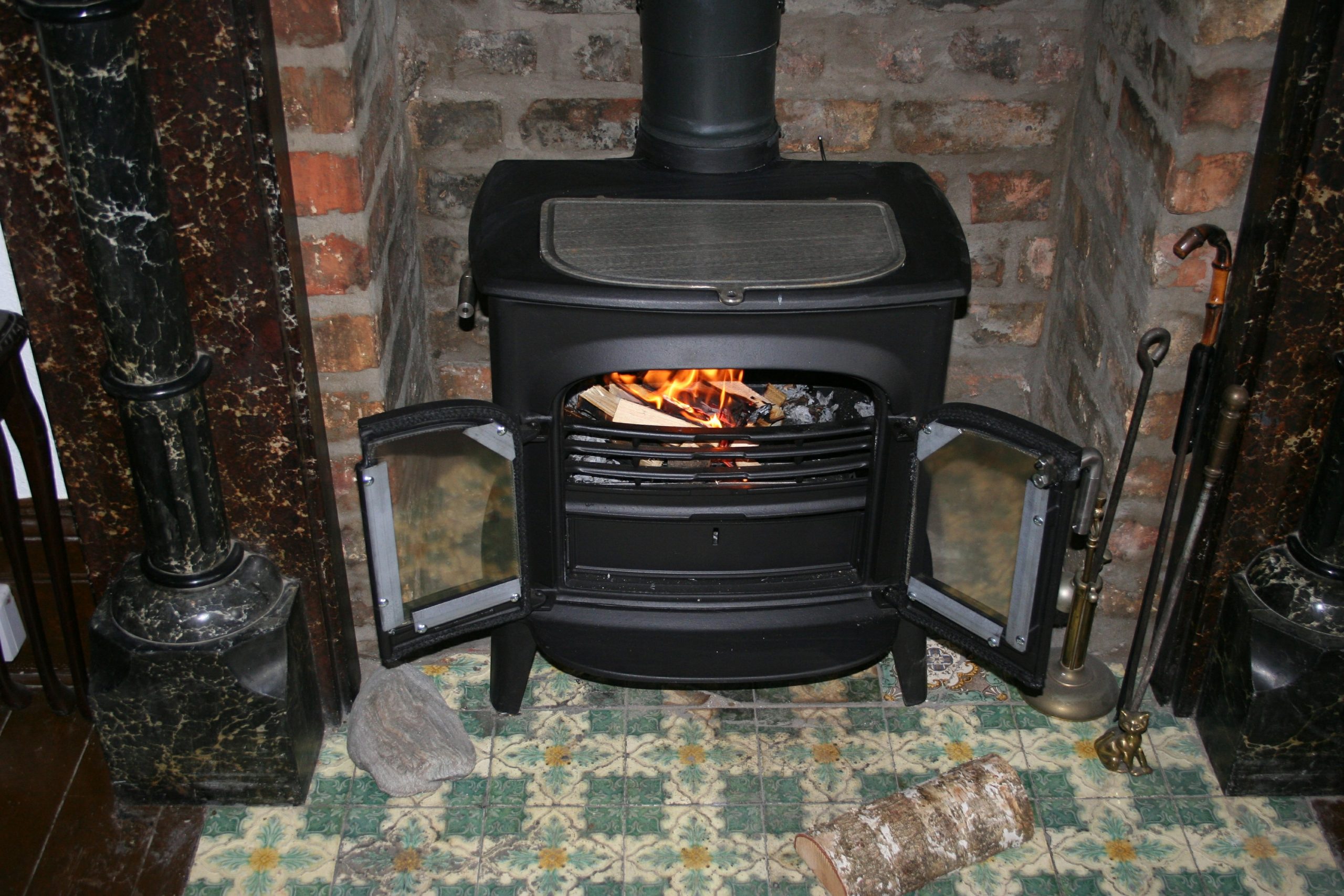
Multi fuel and wood-burning stoves have become extremely popular in recent years. Many middle-class homes now have a trendy stove in their living room, and on a cold day, nothing beats the warm glow of a blazing log burner.
Before you consider having a stove fitted to add extra ambiance and heat to your home, make sure the chimney is suitable. Older properties will probably need a metal chimney liner to prevent smoke from leaking into other areas of the house. If your property doesn’t have a chimney, a flue must be installed so smoke can vent outside.
Ensure your stove is installed by a HETAS registered engineer. Incorrectly fitted multi-fuel stoves or log burners can be dangerous, due to the risk of carbon monoxide poisoning. The chimney will also need to be swept once a year.
05. Open Fires Heating
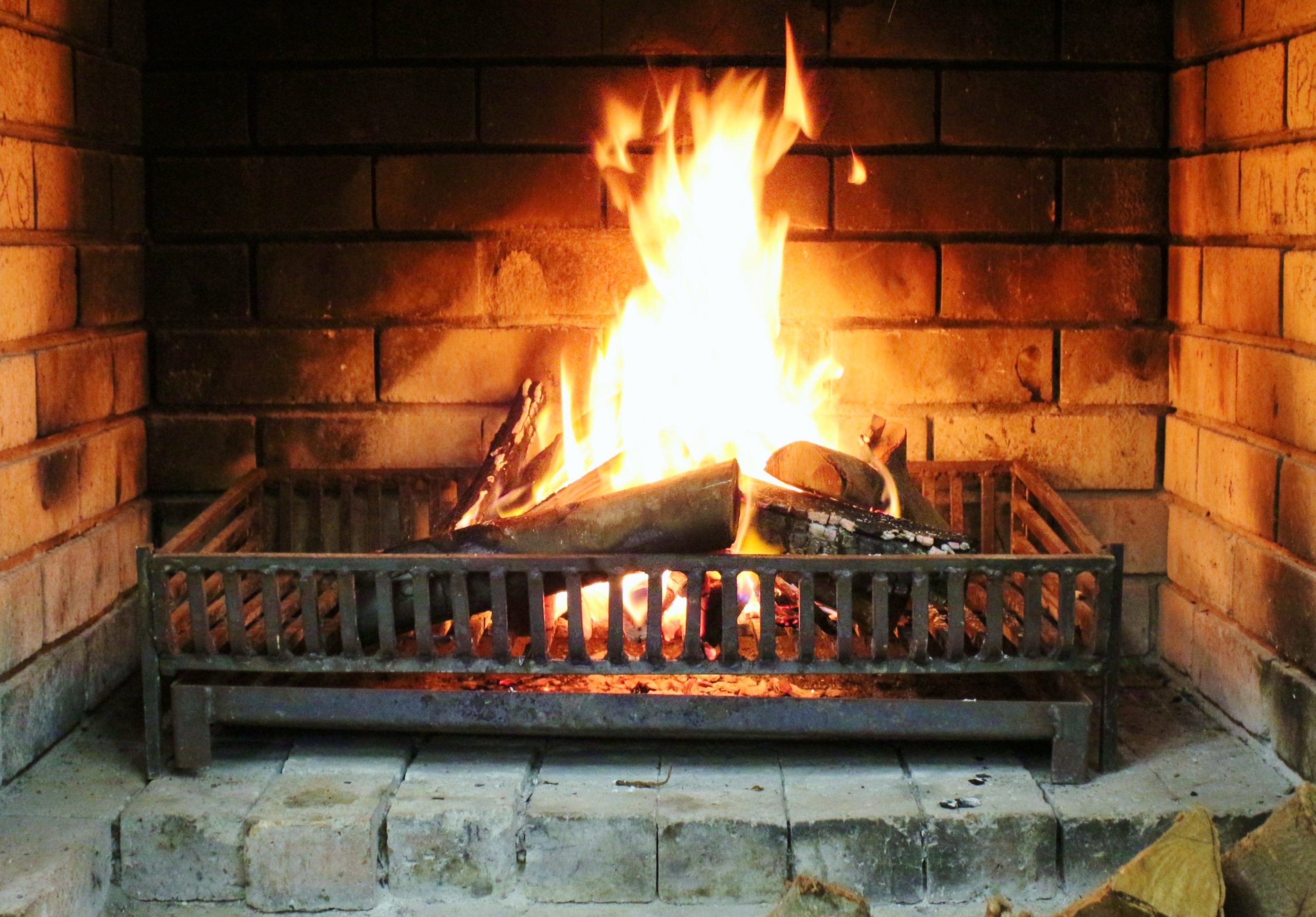
Open fires are another attractive way of heating a space, but they are less efficient than a stove. Open fires can be dangerous if you have children and pets. In addition, there is a risk of sparks and embers spitting out and starting a blaze when the fire is left unattended. Always use a fireguard to protect your home and family.
Other types of heating options include ground source heat pumps, biomass boilers, and heat recovery ventilation systems.
In the end, choosing the right heating system for your home is one of the most important consideration during winter months. So, choose the best from above mention heating options.
If you want to read more related to heating system then refer following links:


